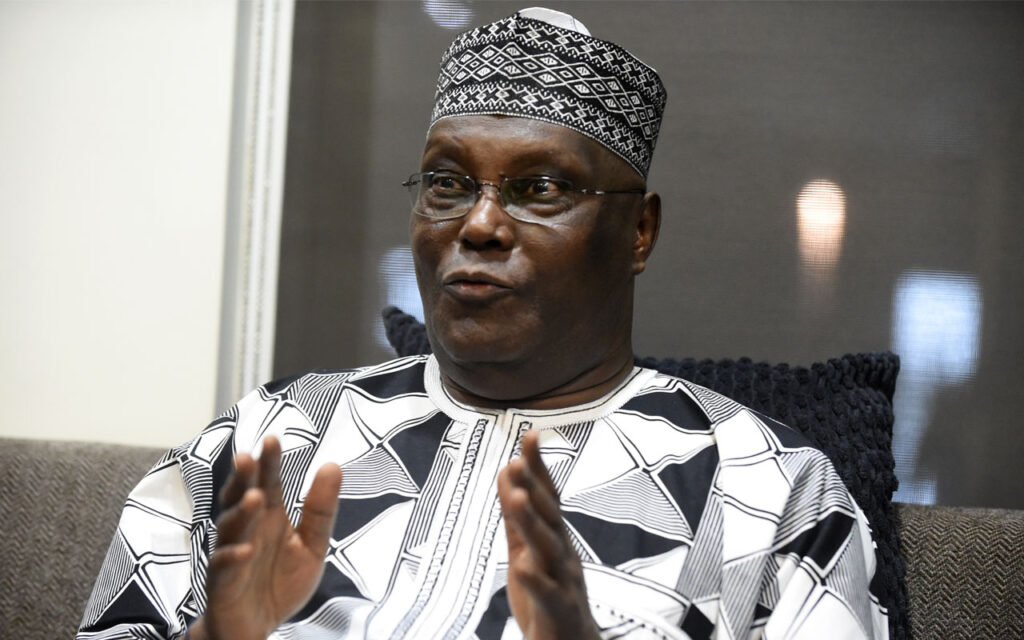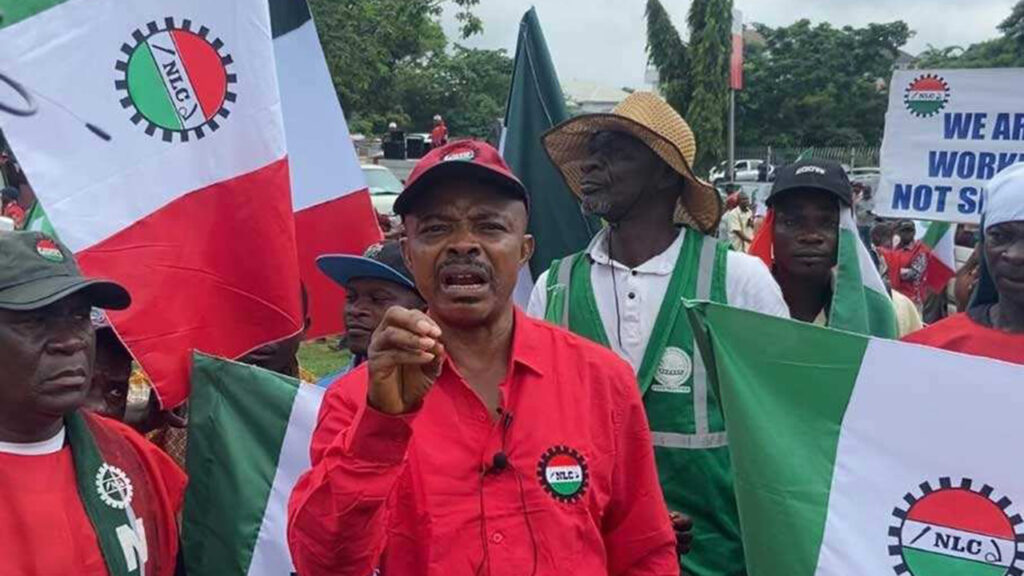
Invest Africa, an investment and business promotion platform in Africa, chose the date of April 10 to gather African entrepreneurs and international investors, especially Anglo-Saxons, in London. The market is promising: the African continent currently accounts for only 2 per cent of global industrial capacity.
This proportion, though modest today, is expected to undergo spectacular growth. According to projections, the continent’s industrial sector could reach nearly $1 trillion over the next decade, driven particularly by the manufacturing sector. Africa faces significant import dependency, hindering its development. Therefore, the growth of the manufacturing sector is crucial and would effectively meet growing local demand. By 2030, the continent is expected to have 2 billion inhabitants, and by that same date, Africa’s GDP will likely reach $5 trillion. Every year, 25 million young Africans enter the workforce: a challenge but most of all, great opportunity.
This optimism is shared by Arise Integrated Industrial Platforms (Arise IIP), which has been betting on Africa’s development for several years. This was reiterated by the group’s Executive Director, Nikhil Gandhi, present in London: “Africa is the continent to invest in, it is the continent of tomorrow.” Arise IIP has moved from words to actions and is deploying its efforts in ports, logistics, industrial zones, and infrastructure. At this London meeting with entrepreneurs and investors, the group was able to share its experience.
The implementation of special economic zones based on the public-private partnership model is one of Arise’s major successes and could inspire the emergence of other initiatives across the African continent. The group promotes local production and scales it up through production industrialisation. From Gabon to Malawi, Benin, Togo, or Chad, Arise IIP, supported by AFC and Afreximbank, is working to create processing sectors in areas such as textiles, wood, meat, cashews, and soybeans.
In Gabon, the Gabon Special Economic Zone (GSEZ) employs 35,000 people and houses nearly 120 companies since its launch in 2009. It now ranks second globally for the production of certain products derived from tropical wood. In Benin, the Glo-Djigbé Industrial Zone (GDIZ) is at the heart of an ambitious project with the installation of a complex of five cashew processing plants. The short-term goal is to process more than 100,000 tons of cashews, while the process of 300,000 tons produced by the contry is expectedin the medium term.In the cotton sector, of which Benin is the world’s leading producer, an integrated textile complex developed with Arise IIP is already operational with the aim of processing a significant portion of the 700,000 tons of fiber harvested annually in the country. In Lomé, the Adétikopé Industrial Platform (PIA) has already exported its first “made in Togo” clothing, and the soybean processing plant has started processing its first productions. Similar projects are underway in Côte d’Ivoire, Chad, Rwanda, and Nigeria. The pan-African company is weaving its web of projects across the continent and, without blind Afro-optimism, is concretely establishing the conditions for full and complete economic development.
The local advantages are numerous, and the pan-African company leverages them: competitive production costs, constantly improving infrastructure, a young and skilled workforce. Africa has everything to become an industrial hub at the heart of globalisation.











